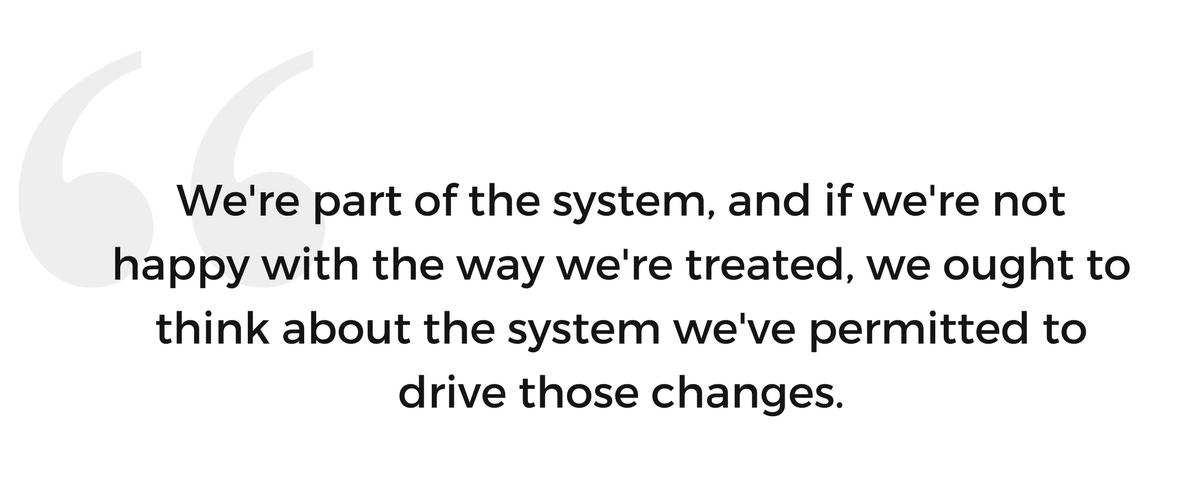Sort by price is the dominant way that shopping online now happens. The cheapest airline ticket or widget or freelancer comes up first, and most people click.
It’s a great shortcut for a programmer, of course, because the price is a number, and it’s easy to sort. Alphabetical could work even more easily, but it seems less relevant (especially if you’re a fan of Zappos or Zima).
Just because it’s easy, it doesn’t mean it’s as useful as it appears. Tweet This Quote
The problem: Just because it’s easy, it doesn’t mean it’s as useful as it appears.
It’s lazy for the consumer. If you can’t take the time to learn about your options, about quality, about side effects, then it seems like buying the cheapest is the way to go – they’re all the same anyway, we think.
And it’s easy for the producer. Nothing is easier to improve than price. It takes no nuance, no long-term thinking, no concern about externalities. Just become more brutal with your suppliers and customers, and cut every corner you can. And then blame the system.
The merchandisers and buyers at Wal-Mart were lazy. They didn’t have to spend much time figuring out if something was better; they were merely focused on price, regardless of what it cost their community in the long run.
We’re part of that system, and if we’re not happy with the way we’re treated, we ought to think about the system we’ve permitted to drive those changes.
 What would happen if we insisted on ‘sort by delight’ instead?
What would happen if we insisted on ‘sort by delight’ instead?
What if the airline search engines returned results sorted by a (certainly difficult) score that combined travel time, aircraft quality, reliability, customer service, price and a few other factors? How would that change the experience of flying?
This extends far beyond air travel. We understand that it makes no sense to hire someone merely because they charge the cheapest wage. That we shouldn’t pick a book or a movie or a restaurant simply because it costs the least.
There are differences, and sometimes, those differences are worth what they cost. ‘Worth it’ is a fine goal.
What if, before we rushed to sort at all, we decided what was worth sorting for?
Low price is the last refuge of the marketer who doesn’t care enough to build something worth paying for. In your experience, how often is the cheapest choice the best choice?
This post originally published on Seth’s blog.



